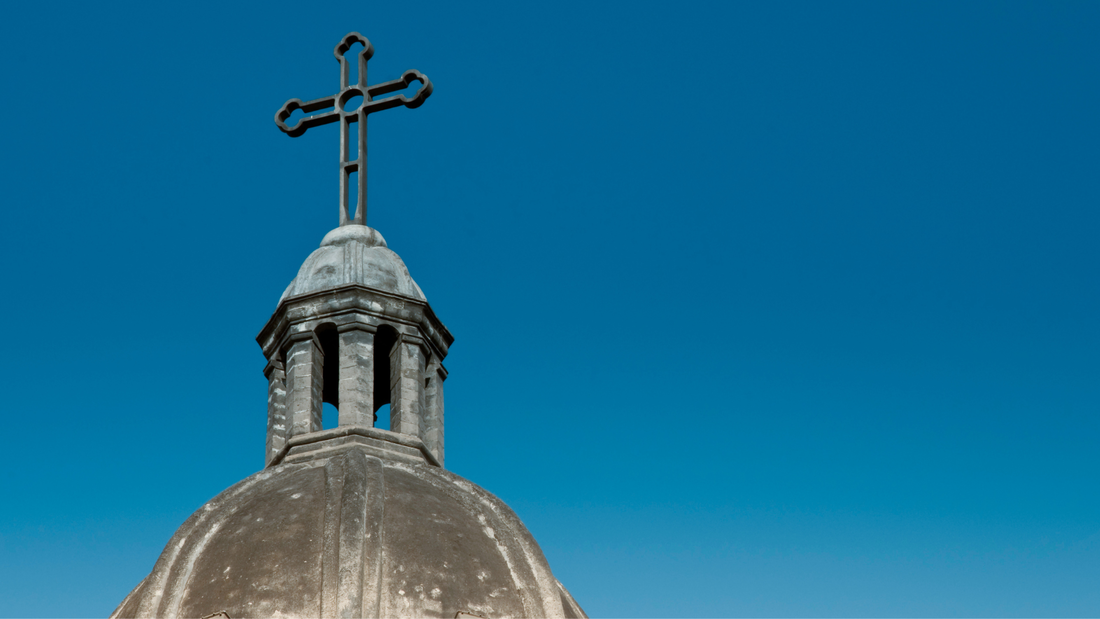|
Matthew 25:35: I was hungry, and you gave me something to eat. I was thirsty, and you gave me something to drink. I was a stranger, and you took me into your home. For two millennia, Christians have seen charitable service as a form of worship, as do Jews, Muslims, and people of other faiths. They have scripture and centuries of tradition on their side. Too bad they don’t have a black robe and a gavel.
An appellate court in Wisconsin recently ruled that a Catholic charity, which has provided aid to the disabled, the elderly, and the poor for over one hundred years, no longer qualifies for religious liberty-based legal exemptions. The court held that the express purpose of the charity as a religious institution does not protect it from having to contribute money to the state’s unemployment system, instead of to a church-run system. This ruling is of far greater significance than the immediate issue: it opens a fresh legal vulnerability for the free practice of religion. If upheld, this ruling would subject religious-based charities to all manner of state agency rules regarding church governance that would amount to government regulation of belief. This case involves the Catholic Charities Bureau, the social ministry arm of the Diocese of Superior, Wisconsin. The charity covers sixteen counties, roughly a quarter of the state. The nonprofit offers in-home health care, housing, childcare services, and other resources to those in need as a way to demonstrate the spirit of the Gospels. The Wisconsin appellate court doesn’t grasp how this organization can be both charitable and religious. It ruled an organization is “operated primarily for religious purposes” only if its professed motive and activities are based on explicit proselytizing. Although the charity is run by Catholics compelled by scripture to aid the needy, the court found that the primary purpose of the bureau is charitable work and not proselytization. Thus, the court reasoned, the charity is not operated “for religious purposes.” The Catholic Charities Bureau is challenging the court’s ruling under the First Amendment’s Establishment Clause, appealing the decision to the Wisconsin Supreme Court. The appeal notes that the appellate court’s ruling would enable the government to “finely parse all the activities of religious bodies in the State and decide whether those activities are ‘inherently’ or ‘primarily’ religious.” Quite right – no activity violates the Establishment Clause more than one in which the government decides which religious practices qualify as religious, and hence protected, and which do not. After all, the Supreme Court has recognized that “[t]he clearest command of the Establishment Clause is that one religious denomination cannot be officially preferred over another.” If courts really can say that proselyting activities are worthy of legal protection, but charitable activities categorically aren’t, then inevitably some religious groups – here, Catholics – are going to find that their beliefs, though inherently religious, are less protected than the religious beliefs of others. The Bureau thus rightly informs the court that the ruling, at bottom, infringes on the charity’s ability to freely exercise its religion. Eric Rassbach of the Becket Fund for Religious Liberty says that the outcome of this case could have huge ramifications for religious establishments. The ruling implicates legal protections of other organizations that are affiliated with religious institutions, such as parochial K-12 schools or religious colleges and universities. The devout of many faiths believe that reaching out to help people in the community is, perhaps, the most effective form of proselytizing. Such a narrow definition of religious organization would degrade the First Amendment rights of thousands of institutions and millions of American faithful around the country. Protect The 1st will report further developments in this case. Comments are closed.
|
Archives
June 2024
Categories
All
|
ABOUT |
ISSUES |
TAKE ACTION |



 RSS Feed
RSS Feed